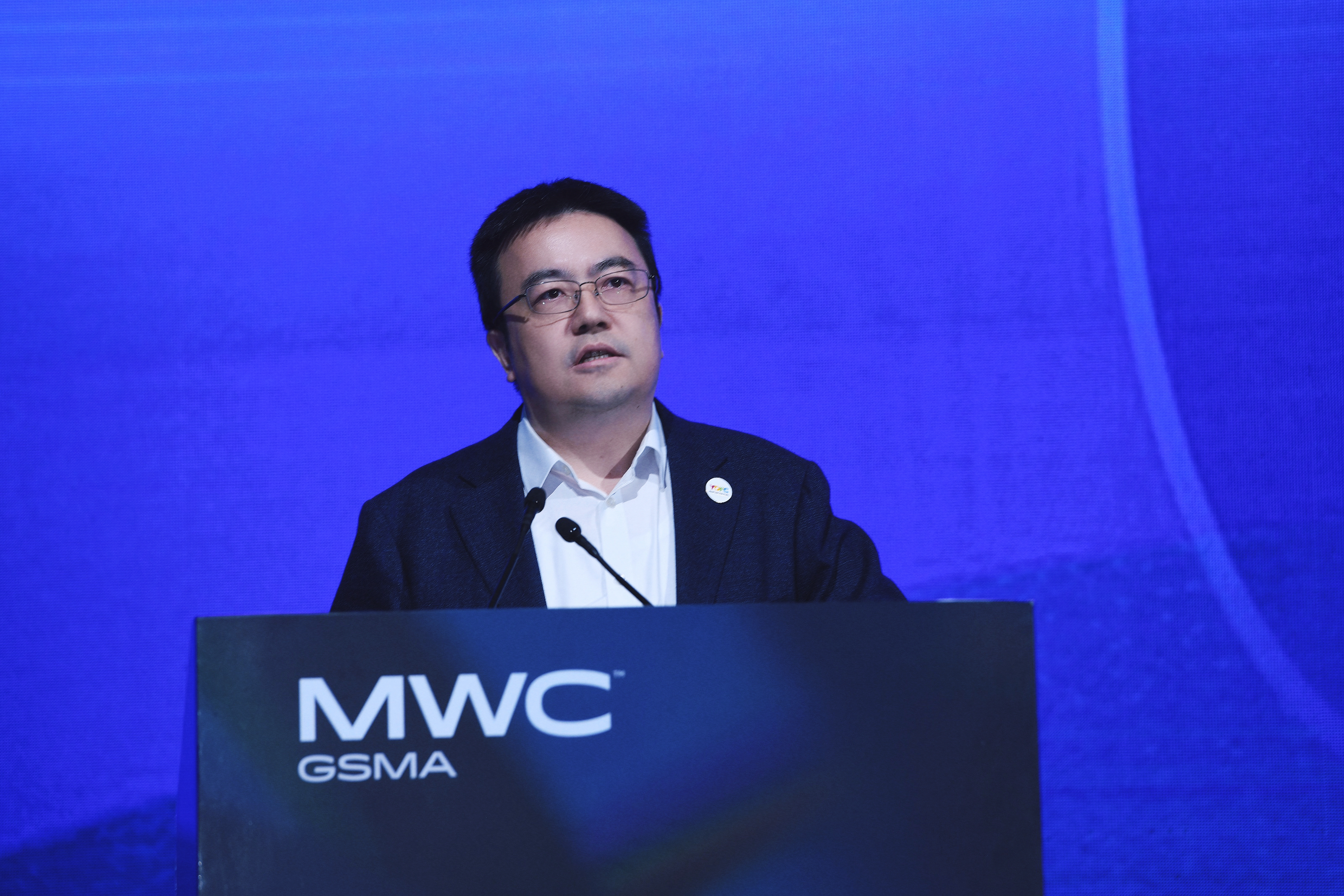News
The latest breakthrough represents a significant boost for AI inferencing, reducing pressure on memory hardware
Today, Huawei has revealed a software breakthrough in high‑bandwidth memory (HBM) technology, a milestone that could see the company’s reliance on US chips dramatically reduced.
Revealed at the 2025 Financial AI Reasoning Application Landing and Development Forum in Shanghai, Huawei’s Unified Cache Manager (UCM) reportedly represents a significant advance in inference efficiency. According to speakers at the event, the UCM algorithm works by distributing data based on the different latency requirements for different types of memory. This shifts some memory‑heavy functions away from conventional HBM usage, allowing for greater efficiency.
According to Zhou Yuefeng, vice-president and head of Huawei’s data storage product line, and reported by the South China Morning Post, UCM can reduce AI inference latency by up to 90%t and increase system throughput up to 22-fold.
Huawei says it will open-source UCM in September.
The news is highly significant for the Chinese tech market, which is currently heavily reliant on imports for high-end HBMs, notably from SK Hynix and Samsung Electronics in South Korea, and Micron Technology in the US.
China’s access to these imports has been severely hampered by US sanctions in recent years, with the US Bureau of Industry and Security (BIS) notably tightening restrictions on HMB exports to China eve further last summer. Under these new restrictions, second generation HBM chips (i.e., HBM2), first introduced in 2016, may still be exported to eligible end-users but more advanced models, such as HBM2e, HBM3, HBM3e, and HBM4, are entirely restricted.
These restrictions extend to HBMs made by third parties (for example, Samsung) if they are produced using US tech, ensuring China cannot easily circumvent these sanctions.
As such, the Chinse government has been heavily pressuring the country’s domestic memory chip players – like Yangtze Memory Technologies, Changxin Memory Technologies, and Tongfu Microelectronics – to catch up with their foreign rivals, with limited success. Until now, China’s HBM capabilities have been broadly limited to HBM2, while market leaders abroad are already advancing to HBM4.
Huawei’s announcement today could relieve some of this pressure on China’s domestic chip industry, with the software allowing the performance of lower quality chips to be greatly improved. However, it is far from a long-term fix to US sanctions on the most advanced HBM technology.
.jpg)




